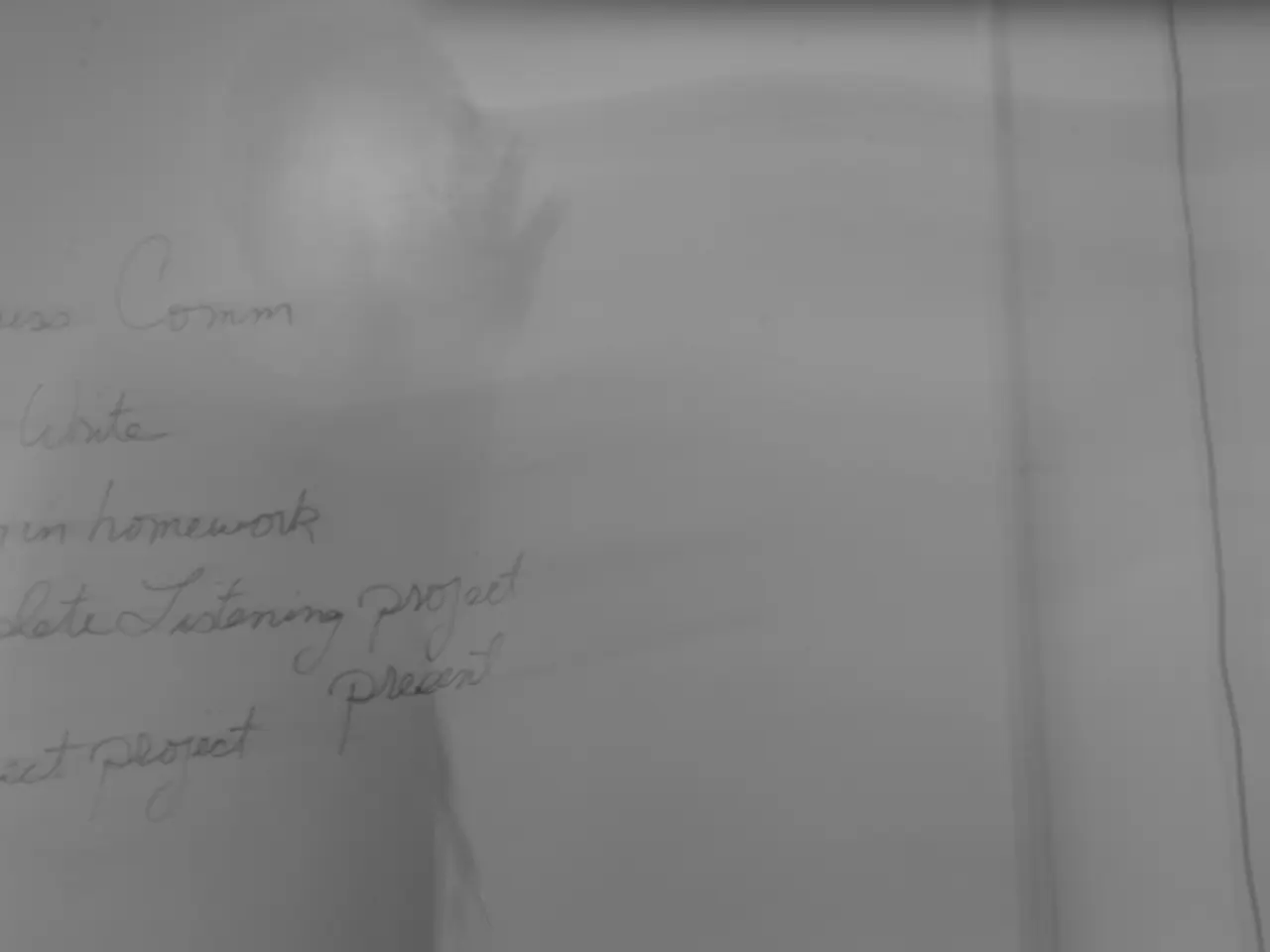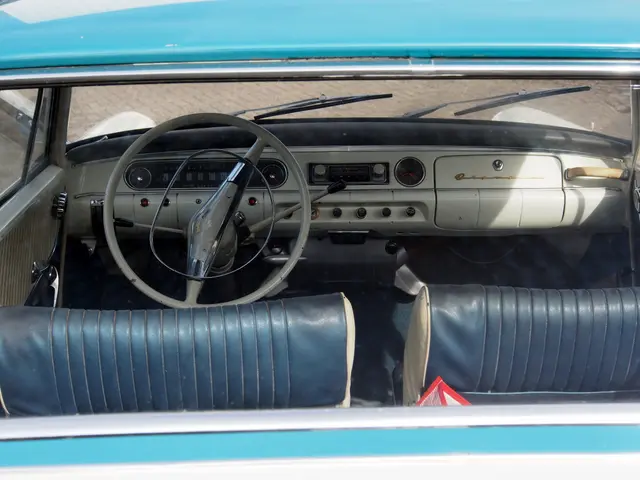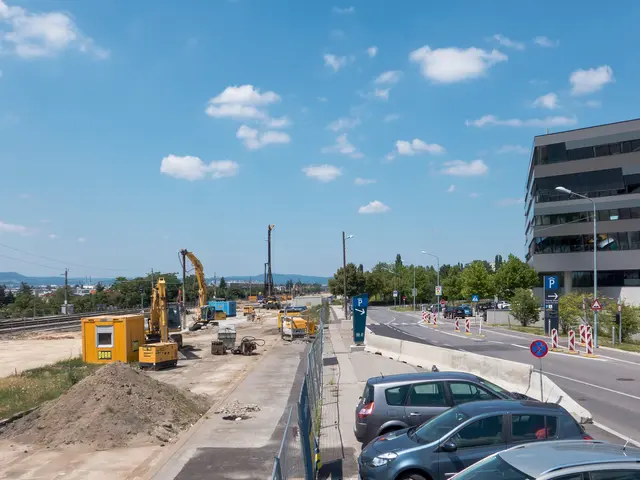Discord amid plastic pollution negotiations
The United Nations negotiations to finalise a legally binding treaty to tackle plastic pollution, held in Geneva, adjourned on August 15, 2025, without reaching a consensus. The talks, aimed at ending plastic pollution, particularly in the marine environment, were described as difficult due to geopolitical complexities, economic challenges, and tensions in multilateral cooperation.
Despite the failure to reach an agreement, all countries expressed a strong desire to remain engaged and continue working towards a treaty. UN Secretary-General António Guterres expressed deep regret at the lack of consensus but welcomed the determination of Member States to keep pursuing the treaty.
The key sticking points included disagreements on the level of ambition, enforceability, and specific mechanisms to reduce plastic pollution. The parties failed to agree on sufficiently strict, enforceable global rules to reduce plastic pollution.
The proposed compromise text put forward by talks chair Luis Vayas Valdivieso of Ecuador has been criticized by a larger bloc of countries seeking more ambitious actions. The Like-Minded Group, comprising mostly oil-producing states, wants the treaty to focus primarily on waste management.
However, environmental non-governmental organisations, such as Greenpeace, have criticised the draft text, with the delegation chief Graham Forbes calling it a "gift to the petrochemical industry and a betrayal of humanity". The World Wide Fund for Nature has labelled the draft text as a "devastating blow" to people suffering from the impact of plastic pollution.
As the talks proceeded, several countries, including the European Union, Kenya, Tuvalu (speaking for 14 Pacific island developing states), Britain, Norway, and Bangladesh, criticised the draft text for lacking ambition, clear, robust, and actionable measures, and for failing to reflect the urgency of the crisis.
With a day left to go, Vayas presented a new draft, but the discussions quickly unravelled as the text was savaged from all quarters. The Center for International Environmental Law delegation chief David Azoulay stated that the draft "all but ensures that nothing will change" and would "damn future generations".
Looking ahead, further sessions will be convened to work towards agreement on a legally binding instrument to tackle plastic pollution globally. The negotiations, which opened on August 5, mark the fifth and intended to be the final round (INC-5.2) of these negotiations.
The ongoing negotiations are crucial, as global plastic waste is expected to rise to 1.7 billion metric tons by 2060, potentially costing trillions of dollars. Only 15% of plastic waste is collected for recycling, with only 9% actually being recycled. Nearly half, or 46%, ends up in landfills, while 17% is incinerated and 22% is mismanaged and becomes litter.
As the negotiations continue, countries must find a way to bridge their differences and agree on a treaty that is ambitious, enforceable, and effective in reducing plastic pollution. The future of our planet depends on it.
Read also:
- Germany's three-month tenure under Merz's administration feels significantly extended
- United Nations Human Rights Evaluation, Session 45: United Kingdom's Statement Regarding Mauritius' Human Rights Record
- Hurricane-potential storm Erin forms, poised to become the first hurricane in the Atlantic Ocean this year.
- Socialist Digital Utopia with Zero Carbon Emissions: A Preview, Unless Resistance Arises








